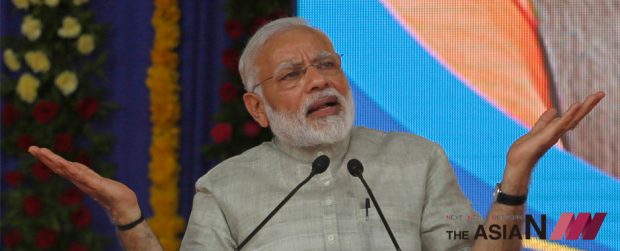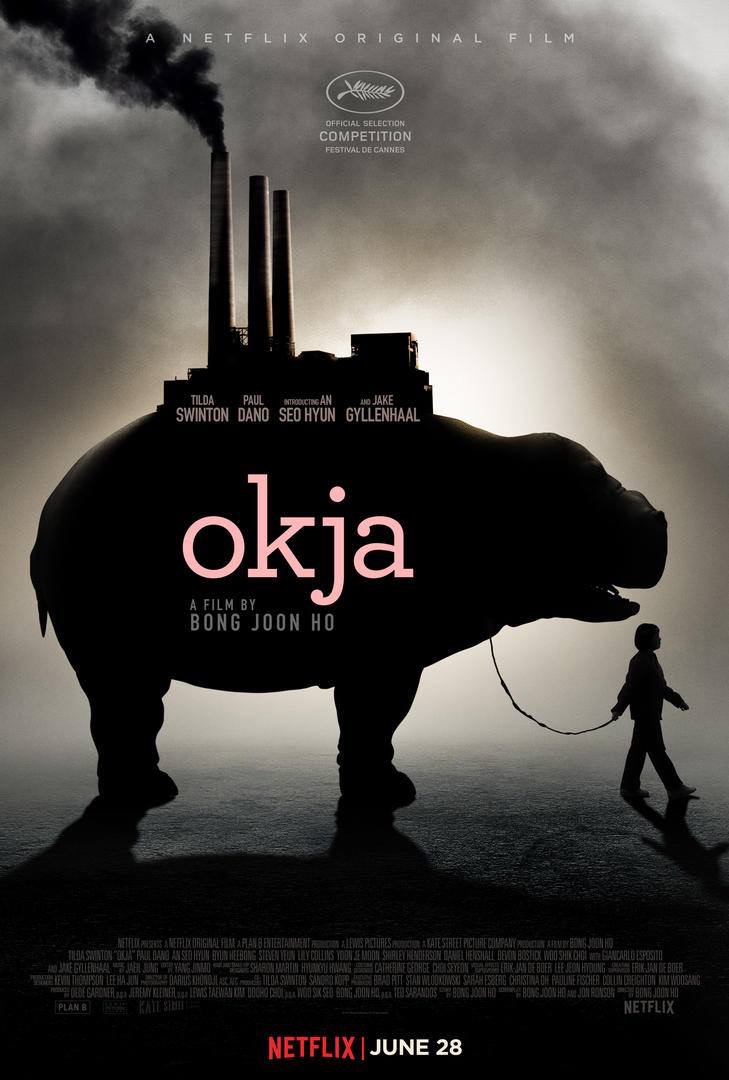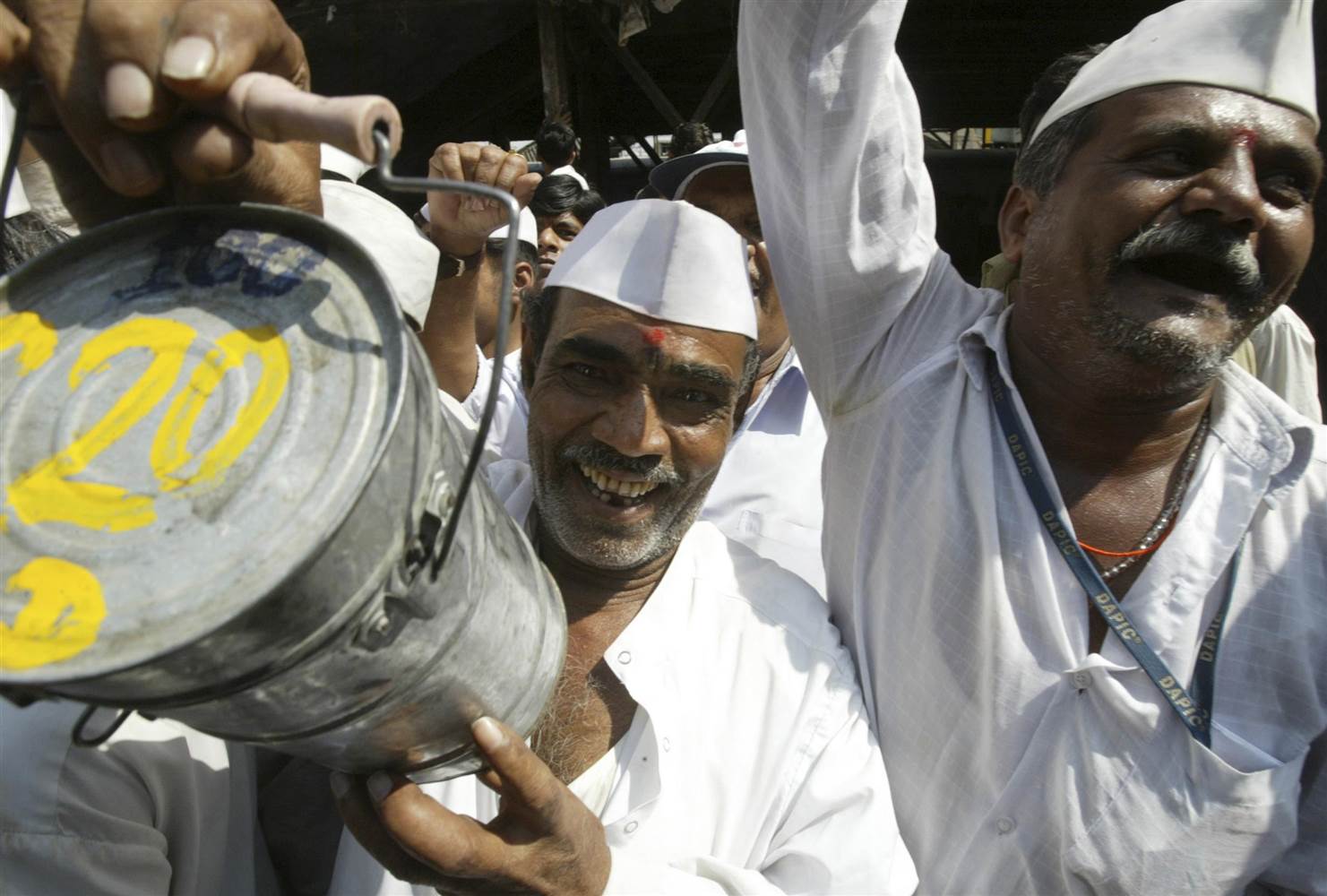
Behavioural Economics

The American behavioural economist Richard Thaler has deservedly won the Nobel Memorial Prize in Economic Sciences this year. According to the Royal Swedish Academy, his work has “built a bridge between economics and psychological analysis of individual decision making”. Thaler’s work in the rapidly expanding field of behavioural economics and the “Nudge Theory” has been a matter of discussion within the fraternity of global economists.
Many of us, who have had nothing to do with finance, economics or trade would be wondering…what is this “Behavioural Economics” and “Nudge” after all?
According to Investopedia, Behavioural Economics is the study of psychology as it relates to the economic decision-making processes of individuals and institutions.
Thaler and his co-author Cass Sunstein say that according to their theory, people are not denied choice, yet they are nudged in a particular direction.
Thaler and Sunstein defined their concept as, “A nudge, as we will use the term, is any aspect of the choice architecture that alters people’s behaviour in a predictable way without forbidding any options or significantly changing their economic incentives. To count as a mere nudge, the intervention must be easy and cheap to avoid. Nudges are not mandates. Putting fruit at eye level counts as a nudge. Banning junk food does not”.
Conventional economists, across the world, who have until now believed in dry numeric digits, graphs and charts may not subscribe to the Thaler’s theory just yet.
Closer home, in India, after independence, in the past seventy years, we have had every hue of “conventional economists” appointed at high tables within the Ministry of Finance, Planning Commission and the Central Bank. Yet, the disparity between the rich and poor continued to grow. No denying the fact that the per capita income, agriculture and industrial production did rise, but the rich continued to get richer and the poor, poorer. The natural question that comes to mind is…did they all work for the rich…these “conventional economists”?
Speaking at the inauguration of the academic session of Ambedkar School of Economics earlier this month, the former Prime Minister of India, Mr. Manmohan Singh, an economist in his own right said the process of economic reforms he was associated with was “still incomplete” and that a “fresh thinking” was needed to evolve a new design for the country’s social and economic policy.
Mr. Singh was the Finance Minister in the Narasimha Rao government of Indian National Congress during 1991-96 and the Prime Minister for a 10-year period from 2004 until 2014. The economic liberalisation that he was associated with “was, above all, the process of opening of new opportunities for people born without social and economic privileges…”
Today, for an average Indian, Mr. Singh is clearly associated with crony capitalism, generation of a parallel black economy and bank frauds. As a conventional economist, either Singh did not know about Thaler’s theory of “Behavioural Economics” or had serious political compulsions.
However, Singh left the Indian economy in shambles when his party lost to Bhartiya Janta Party in the 2014 elections.
Narendra Modi who then took charge as the Prime Minister, inherited an economic mess. He decided to attack the black parallel economy when he announced demonetisation of high value currency notes late last year. All hell broke across the country. Singh was one of the first political opponents who condemned the move. Speaking in the Parliament, Mr. Singh called demonetisation “organised loot and legalised plunder.”
Much has happened in the past one year. Many international and Indian “conventional economists” have spoken and written about this “organised loot and legalised plunder”.
No one will ever know, whether Prime Minister Modi is an ardent follower of the “Nudge Theory” of Richard Thaler or not…knowingly or unknowingly he has successfully applied it in his political narrative.
According to a newspaper report published in August 2016, “So far, over 1.43 crore consumers have voluntarily given up cooking gas subsidy in response to the “Nudge” call Modi gave to people on March 27, 2015…The government is using the surrendered subsidy amount to partly fund a campaign for providing free LPG connection to 5 crore poor households in the next three years”.
Prime Minister Modi had “nudged” the well-to-do users of cooking gas to surrender their subsidy. This was followed up by sending a personal congratulatory thank you letters by name.
In another nudge, the Indian Railways stepped in. “Earlier, the Railways had given all senior citizens the option of either availing the full concession or foregoing it altogether while booking tickets. Now, a senior citizen will be asked whether he or she wants to voluntarily avail 50 per cent or 100 per cent concession while booking tickets.
There is a lot of noise about demonetisation and the goods & services tax initiatives, which are not nudges. Few are talking about the impactful nudges, like above, that are having an impact on the economics of the country.
Fortunately for India, the ‘nudge” is “in” and crony capitalism is “out”.
By Pramod Mathur






